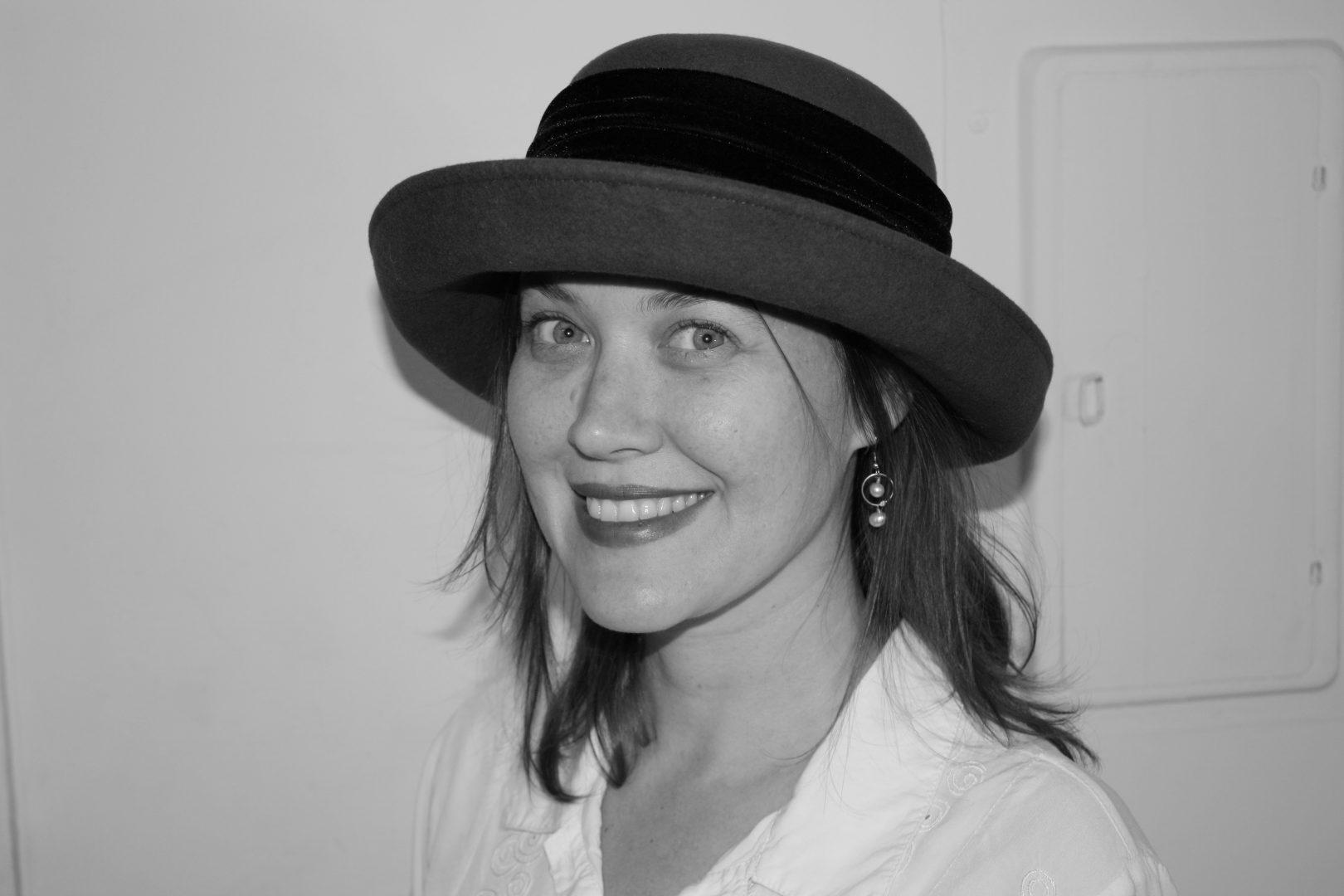“Known by Salt,” a poetry submission by author Tina Mozelle Braziel, got much praise from the 2017 Philip Levine Prize for Poetry book contest reviewers.
Last December, Braziel was named the 2018 contest winner, receiving a $2,000 prize and publication of her debut book.
The book began to take shape when Braziel and her husband, novelist James Braziel, began building their home, said the Alabama-based author.
Braziel drew from the experience. It reminded her of the family’s history in construction — moments that were key in writing the pieces.
Braziel was with her husband in Hot Springs National Park when she received the news. They serve as artists in residence there.
“It was very exciting because I thought I was going to receive some good news. I thought maybe I was a finalist,” Braziel said. She was a semifinalist in the 2016 Prize for Poetry contest.
“But when I talked to [Dr. Corrine Clegg] Hales, she immediately told me I won,” she said. “It, of course, was very exciting.”
The announcement was followed by an outpouring of support from friends on Facebook, contest coordinators and judges such as C.G. Hanzlicek, professor emeritus of Fresno State and the final judge for the contest.
Braziel said her first experience with poetry was in the seventh grade when the small Christian school she attended put together an anthology of student writing.
“I wrote something [and] turned it in,” she said. “The teacher that was organizing it pulled me aside and said she wanted me to write my own poem. And I thought, ‘Oh she thinks that I plagiarized.’ That’s when I thought this is something I could do.”
She went on to receive her master’s degree in creative writing from the University of Oregon.
Braziel’s poems focus on creating a vivid image of “things,” teasing the sensory part of the human experience with her words.
“To me, [poetry] is about trying to understand, but not completely explain, what experience and life is about,” Braziel said. “It’s like a way of deepening the mystery we all experience.”
Hales, professor of English and creative writing in the department of English, said she loved the clarity, lyrical intensity and the engaging voice in Braziel’s book.
“This is not one of those poetry books that readers will find baffling or intimidating,” Hales said. “These poems are conversational.”
Hales said that the poems articulated the complicated truths and questions about the notion of house and home, human relationships with the natural world, social class, love and family.
The evaluation process took hard work, and often the choice between candidates was difficult, Hales said. Seeing entries from across the country stack up was exciting and left her feeling inspired and encouraged, Hales said.
“As someone who loves, writes and teaches poetry, I find it very hopeful that so much excellent work is being done by poets all across the country — especially in a time when it’s so urgently needed,” she said.
Graduate students from the Masters of Fine Arts program joined Hales in the search for this year’s prize recipient.
Danielle Potter, who just entered her fourth semester with the program, served as a student assistant and editor for the contest.
“[Braziel’s] voicing of the small, intricate details in her personal world as well as that of the larger world around her is a demonstration of all the care she poured into ‘Known by Salt’; it’s a sensation the reader can easily appreciate and become enthralled in,” Potter said.
Potter said platforms such as social media have desensitized the power of the written word. She encourages more of her peers to read more poetry.




